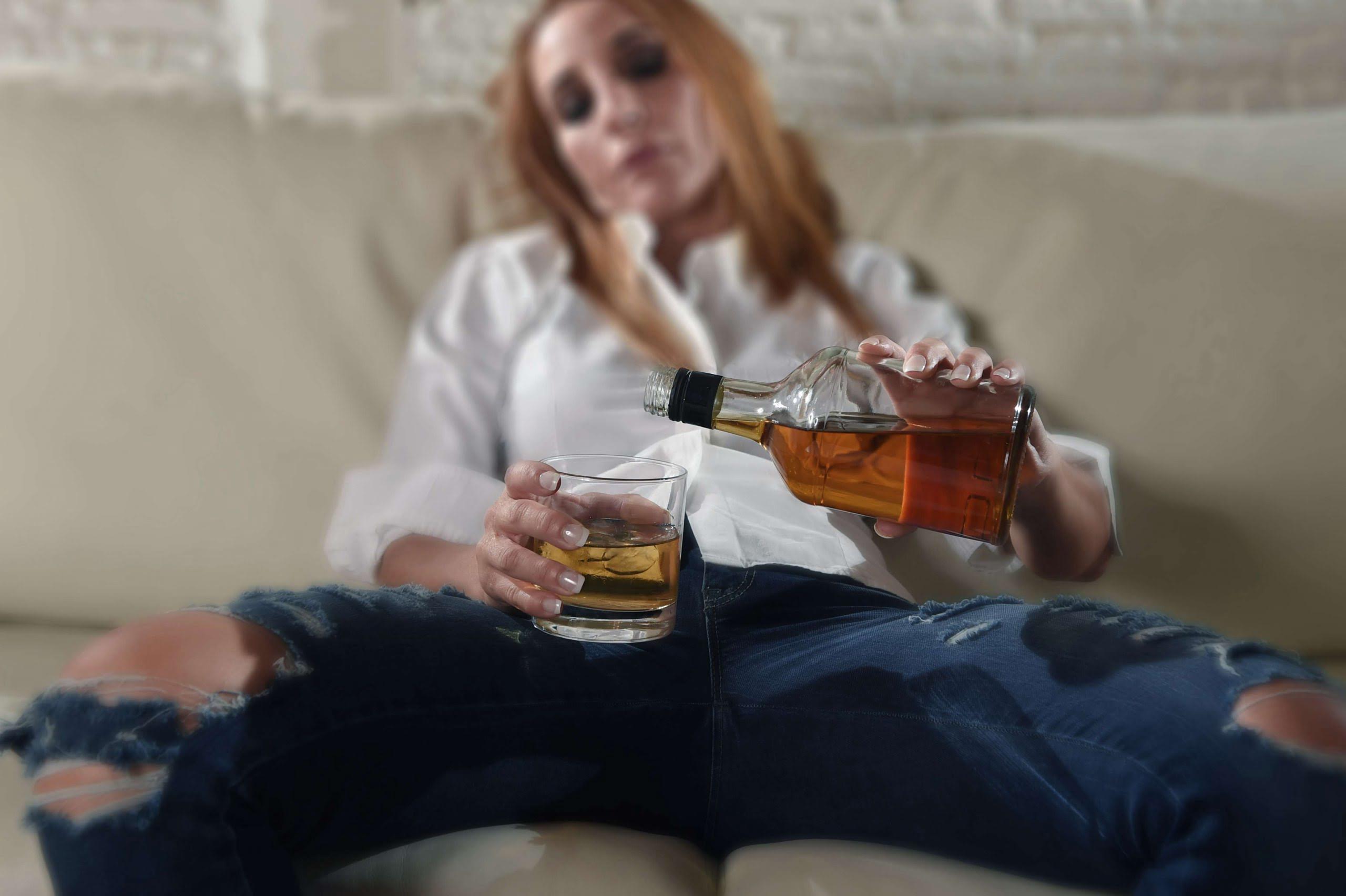Content
Worried that they may be abandoned by the people they love or judged by others, some people refuse to admit that they have a drug problem or reach out to others for support. Yet without taking these steps, there can be no recovery. Whether you have one day sober or 10 years, recovery presents challenges. There are times when youll doubt yourself and get pushed outside of your comfort zone. There are times when you will fall short of a goal. At this point, you can either conclude that you dont deserve it or have what it takes, or you can try again. I had a watershed moment when I attended my first sober hen do last spring.
Somehow I talked them into helping to pay for a rehab in LA and not in Northern California. And somehow I talked that rehab, an inpatient program, into letting me do outpatient since I didn’t want to have to quit the job I was barely hanging onto. No one is perfect and it’s unreasonable to expect perfection in any way, shape, or form. Part of the recovery process is learning to accept life on life’s terms and adjust accordingly. This also involves accepting individual imperfections and mistakes and learning from them. Instead of letting those mistakes and imperfections define the future, people in recovery can take them as they are, learn from them, and practice more self-awareness in the future. Instead of attending alcohol-centered events or social gatherings, choosing alternative social activities can help relieve social stress and reduce the likelihood of relapse.
Overcome the Fear of Recovery
المحتويات
I truly thought I was just the fun party girl who only socialized and drank alcohol. I thought just because I didn’t drink in the morning and at times would go a few days without booze, that alcohol was a non-issue for me. This prevented me from being able to see that I had a dangerous relationship with booze. I did not want to admit to a drinking problem and that kept me drinking. If you are afraid of being sober, the first step in overcoming that fear is stepping outside of your comfort zone and doing something that you don’t necessarily want to do.

These groups can give you the support and encouragement needed to overcome your fears. Have a solid support system just a phone call away. Not only do you need professionals to support you through this process, but you also need friends or sponsors who you know are always there for you. And they need to have an understanding of your fear. That’s the hard part – making sure they understand why you are scared. The FHE Health team is committed to providing accurate information that adheres to the highest standards of writing. This is part of our ongoing commitment to ensure FHE Health is trusted as a leader in mental health and addiction care.
The Relationship Between Depression and Substance Abuse
I had gone back to my drug of choice—heroin—but I had also started using a number of other drugs on top of that. I wasn’t able to reach the point of feeling okay until I had all these drugs in my system.
- They are frightened by the idea of facing life without alcohol and drugs.
- A team member since 2013, Drew holds a Masters Degree in Professional Counseling from Amberton University.
- I had a watershed moment when I attended my first sober hen do last spring.
- The fact that I now know this about myself, and can therefore move through it, has changed everything for me.
- First, it is normal to be afraid when you first get sober.
Avoid social situations that revolve around alcohol. Reduced junk or processed foods and eat more healthy foods, such as fruit, vegetables, and whole unprocessed foods.
‘You’re going to freak out’: how to conquer your Foma (fear of missing alcohol)
The mind clears, there is more peace, more clarity and a better ability to function. All of which are just some of the many reasons why being sober far outweighs being addicted to drugs or alcohol. Meditation is used for both addiction treatment and mental health disorders like anxiety.

Now that you can recognize this fear, the question is, how do you get through it? When you are feeling those emotional and ups and downs, how do you pull together the pieces and stick to the path towards recovery? When the loss of a loved one is traumatic — whether it’s sudden, unexpected, connected to violence, or all the above fear of being sober — your grief reaction can be complex and overwhelming. Here is a toolkit of six coping skills to help you maintain sobriety when you find yourself in difficult moments. Recovery allows you to get to know the real you and learn to love that person. You can live healthier and feel more comfortable with yourself when sober.
They Don’t Want to be Different
Forging new supportive friendships and replacing dysfunctional “using” friendships – 12 step and peer support groups are great places to find more appropriate linkages. Such fear is nothing to be ashamed of because it is natural. Our brains are hard-wired to become uncomfortable in the face of the unknown. Simply the anticipation of a potentially unpleasant or stressful circumstance causes the brain to go into flight or fight mode. And since fear is always about something that might or could happen but hasn’t happened yet, it is a reaction to an imagined, rather than a real, event.





